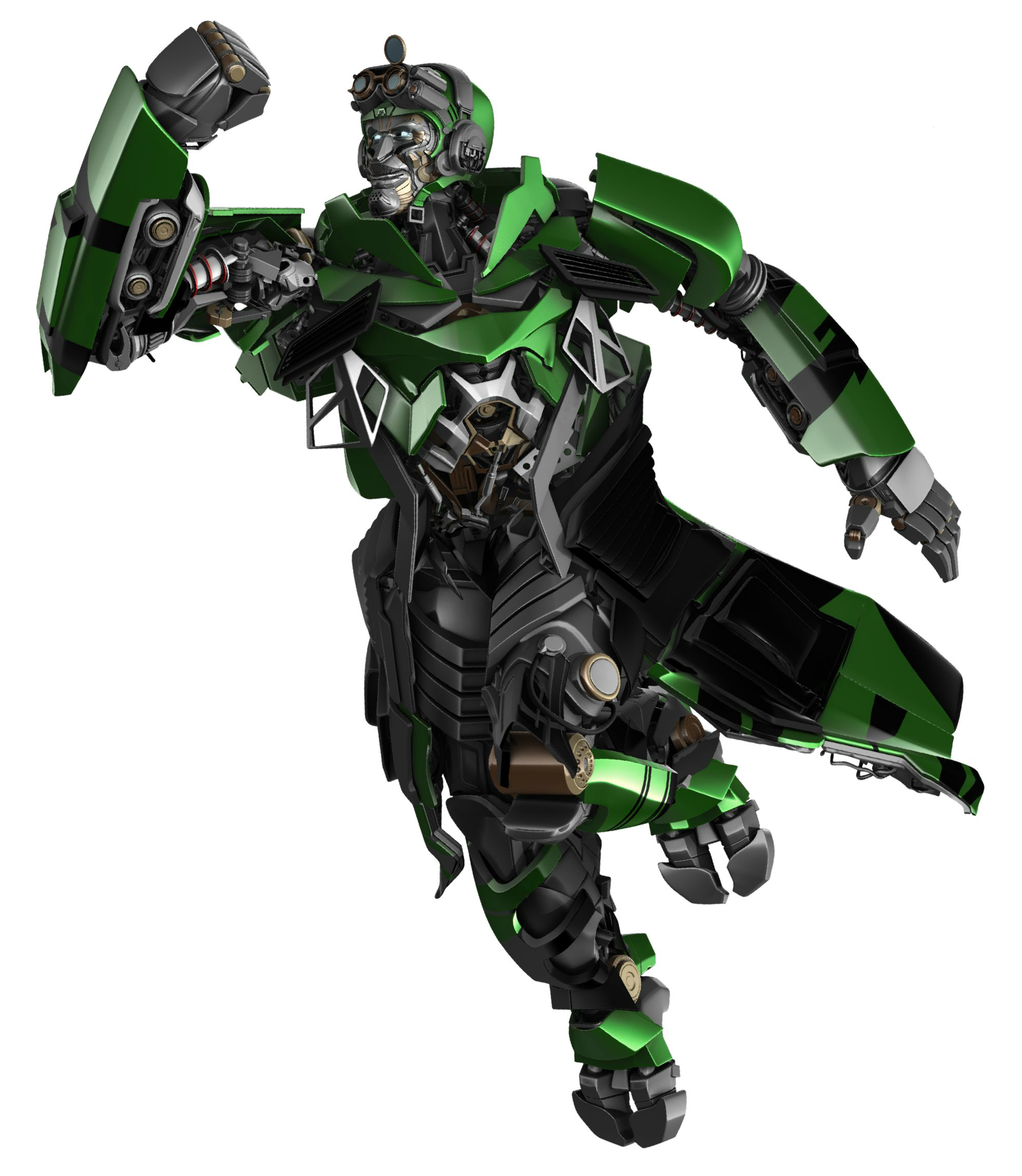
CAR T therapy has been demonstrated to offer the chance of complete remission 8. Multiple myeloma cells are highly proliferative, and therefore more vulnerable to mitosis-induced killing than normal plasma cells, which divide less often.Įach of these BCMA-targeting modalities has its considerations. BMS is targeting the warhead directly to plasma cells to avoid the non-specific toxicity observed with systemic administration of chemotherapy. The warheads used in multiple myeloma treatment disrupt microtubules during mitosis. With this approach, a BCMA-specific antibody and a cytotoxic payload (often called a warhead) are joined by a chemical linker.

But they do offer a more immediate treatment option than the several weeks needed to manufacture CAR T-cell therapies.įinally, targeting BCMA with antibody drug conjugates (ADCs) is being explored. Unlike CAR T-cell therapy, immune-cell engagers require repeated dosing to maintain therapeutic pressure. Bringing the cells into proximity activates immune responses with the goal of killing plasma cells. Called immune-cell engagers, these engineered molecules “literally drag plasma cells and a patient's endogenous T cells together,” Kaiser explains. With a second approach, BCMA-expressing cells can be targeted with ‘bi-specific’ antibodies made up of two parts: one that binds to CD3 receptors on T cells, and another that binds to BCMA. “The average duration of response for some patients is close to two years 4, which is especially meaningful for those who are refractive to other therapies.” “Patients who achieve deep responses with a single CAR T-cell infusion remain treatment-free until they relapse,” Kaiser says. CAR T-cell therapy offers the advantage of one-time dosing. When delivered back to the patient’s body, CAR T cells will expand rapidly and attack BCMA-expressing malignancies 7. CAR T cells are manufactured by harvesting a patient’s T cells, which are subsequently engineered to express the chimeric BCMA-binding receptor. BMS, says Kaiser, is tripling down on BCMA across different modalities.Īmong these novel modalities, chimeric antigen receptor (CAR) T cells have the longest history of clinical development. There are several options in play that companies are pursuing. Taking out B cells in this manner requires targeted weaponry.

“You can completely deplete any BCMA-expressing cell, cancerous or healthy, and still maintain populations of memory B cells and B cell progenitors that allow for a functioning humoral immune system.” Earlier stage lymphocytes contain much smaller amounts of BCMA 6, which is what makes the protein such a promising target, according to Shari Kaiser, senior director of translational research at Bristol-Myers Squibb (BMS). These cells originate with B-lymphocyte progenitors that mature through successive stages. “The message with BCMA targeting is very positive.”īCMA is preferentially expressed on plasma cells and other mature B cells in blood 5. BCMA-directed agents “reflect tremendous progress in the treatment of multiple myeloma”, says Nikhil Munshi, a medical oncologist at the Dana Farber Cancer Institute in Boston. Most patients with this cancer of blood plasma cells will eventually relapse 2, but newer agents directed at a target called B-cell maturation antigen (BCMA) are allowing many to achieve deep, long-lasting remission 3, 4, even after they no longer respond to other therapies. More than a dozen new therapies have been approved since 2012, leading to steadily increasing survival rates 1. Therapeutic options for multiple myeloma are expanding rapidly.

Credit: Alpha Tauri 3D Graphics/Shutterstock BCMA-specific antibodies connected to a 'warhead' (known as antibody-drug conjugates) target the cancerous plasma cells.


 0 kommentar(er)
0 kommentar(er)
